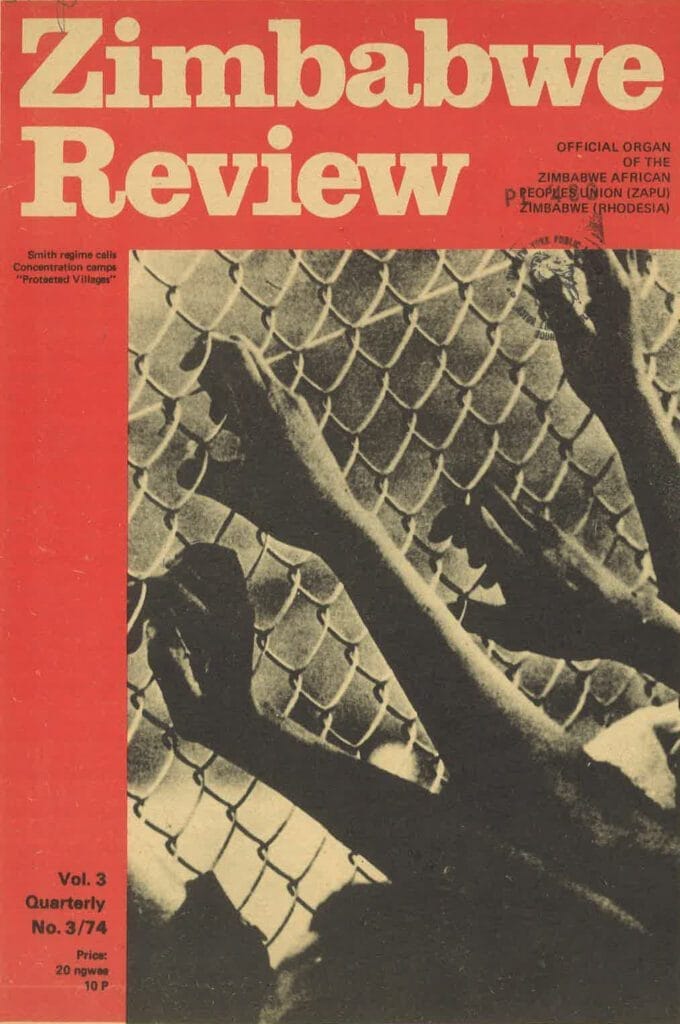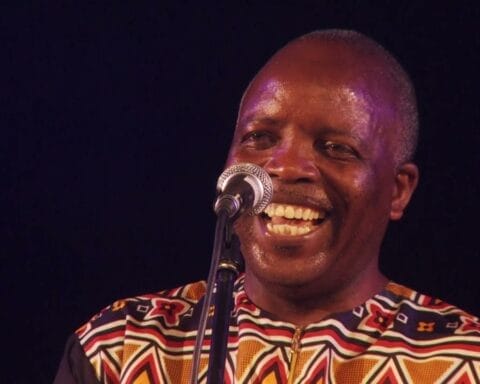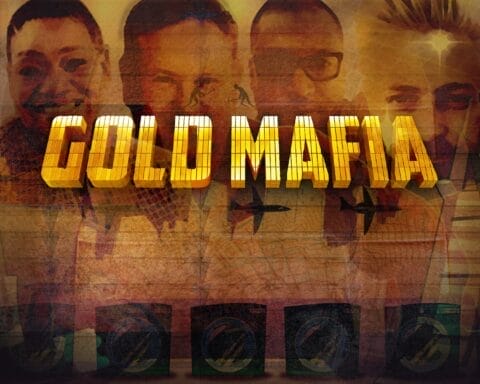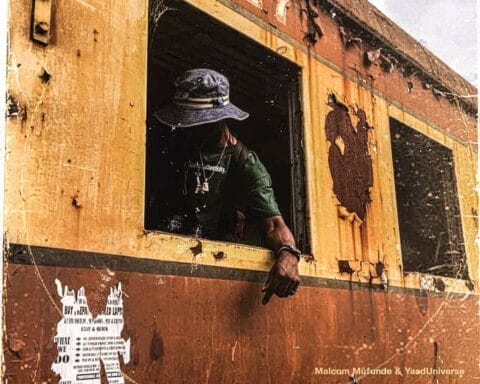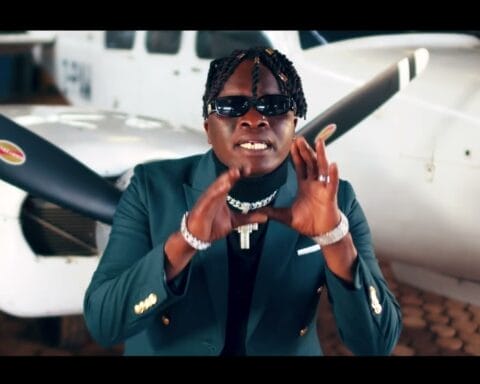This was only the second appearance of Mr. Smith on television. Mr. Buckley begins by reminding us that in 1965 Rhodesia had requested independence of Great Britain, and Britain had said no, on the grounds that Mr. Smith’s government represented only 5 per cent of the population. “Whereupon at 11:15 A.M. on November 11, 1965, the government issued a Unilateral Declaration of Independence, the UDI, the second such declaration by a former colony in Britain’s history–the first being our very own, which was signed before the word ‘unilateral’ was invented.” As of this taping, Rhodesia remained a pariah nation, beleaguered by external sanctions and internal terrorism. An informative discussion of the history of colonialism in Africa, the current state of Rhodesia’s economy, and the scene in nearby countries such as Mozambique and Zambia. One sample, on the subject of introducing democracy: IS: “The American people basically have always lived under this system. Now, we’re dealing with people who say, ‘But we don’t understand this thing that the white man has brought here. We live under the tribal system. We’re quite happy, we’re peaceful. Why don’t you leave us alone?’ What do you say to them? ‘You can’t be left alone and peaceful. Whether you like it or not, you must come in and play a part with us’? It’s not an easy question.”
Firing Line with William F. Buckley, Jr.
The Emmy Award–winning television program Firing Line with William F. Buckley Jr. ran for 34 seasons (1966–1999) and was the longest-running public-affairs show with a single host in television history. Host and conservative journalist William F. Buckley Jr. was interested first and foremost in respectful and lively debate, engaging in erudite discussions with statesmen, politicians, activists, economists, journalists, scholars, authors, religious figures, philosophers, poets, and actors whose opinions ranged across the political and ideological spectrum.




